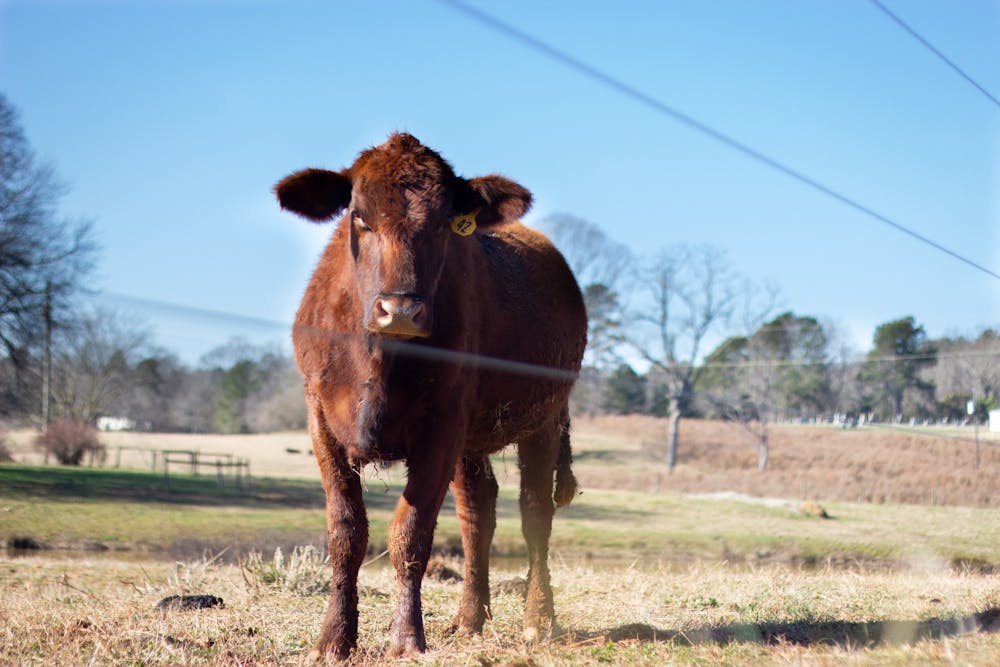Every year, thousands of farmworkers come from Mexico to North Carolina on H-2A temporary agricultural worker visas.
They make up around a fourth of the state’s seasonal farm labor force and help produce crops like sweet potatoes and tobacco, Lee Wicker, deputy director of the North Carolina Growers Association, said.
Despite the fact that these workers have been considered essential since the beginning of the pandemic, they faced the possibility of a wage freeze — until a federal judge blocked the move in late December.
Though the freeze was blocked, it was just an additional stressor for an already vulnerable population.
What a wage freeze would mean
The U.S. Department of Labor determines the minimum wage that must be paid to H-2A workers each year. On Nov. 2, the department passed a regulation that would freeze the rate for 2021 and 2022 at the 2020 level. In North Carolina, that’s $12.67 an hour.
United Farm Workers, the nation’s largest farmworkers union, filed a lawsuit against the regulation that argued the regulation would ultimately depress wages for U.S. farmworkers.
“Farm workers have already suffered tremendously as essential workers who must do their jobs during COVID-19 and have been disproportionately devastated by the virus,” Diana Tellefson Torres, UFW Foundation executive director, said in a press release. “They should be getting paid more for risking their lives, not less.”
The case was brought to the U.S. District Court in Fresno, California, where the judge issued an injunction blocking the wage freeze in December, stating the department failed to adequately study whether the rule would lead to wage stagnation.



